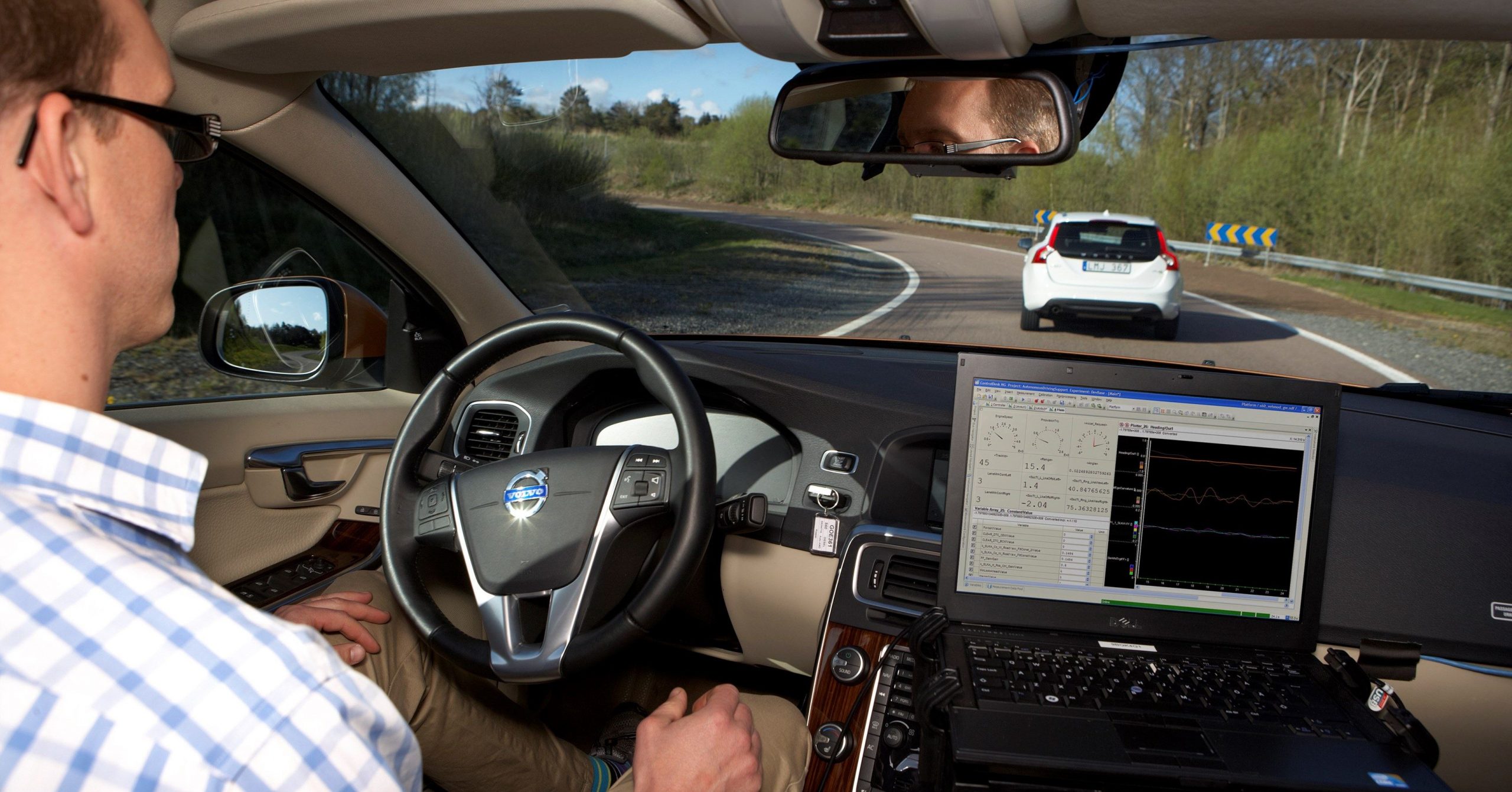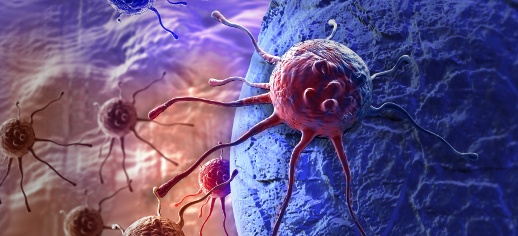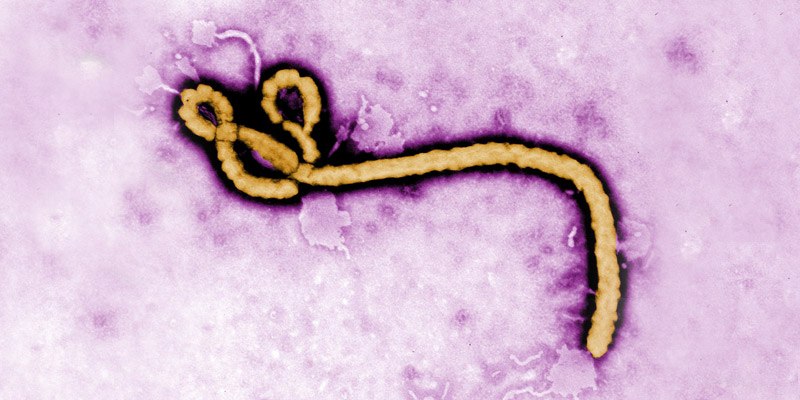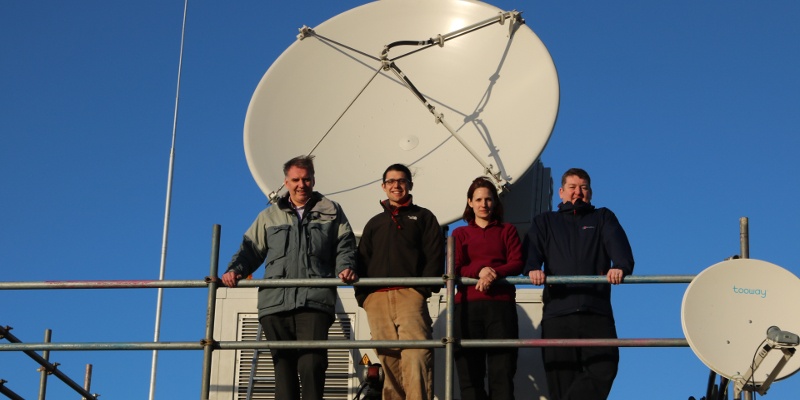
Will driverless cars increase reliance on roads?
Researchers warn that driverless vehicles could intensify car use, reducing or even eliminating promised energy savings and environmental benefits. Development of autonomous driving systems has accelerated rapidly since the unveiling of Google’s driverless car in 2012, and energy efficiency due to improved traffic flow has been touted as one of the technology’s key advantages. However, new research by scientists from the University of Leeds, University of Washington and Oak Ridge National Laboratory, says its actual impact may be complicated by how the technology changes our relationship with our cars. The research, published in the journal Transportation Research Part A, was led by Dr Zia Wadud, Associate Professor in the University of Leeds’ Faculty of Engineering and a research group leader in the University’s Institute for Transport Studies.

Researchers to Look at Effects of Migration Policies
The research community know little about the new types of immigration in the world. A new, international project seeks to find the answers to difficult questions in the migration debate.

Finding the best treatment for bowel cancer patients
A new test could help patients with advanced bowel cancer get the best treatment for their disease. A Cancer Research UK clinical trial, run from the University of Leeds and St James’s University Hospital, studied almost 1,200 patients at hospitals all over the UK with advanced bowel cancer.

Researchers to use supercomputer to ‘hack’ Ebola
Scientists at the University of Leeds will run the equivalent of password cracking software to find the chemical keys to defeating the Ebola virus. A team from the University’s schools of Chemistry and Molecular and Cellular Biology have secured a £200,000 grant from the Wellcome Trust to find drugs to cure the disease. Although several Ebola vaccines are being developed, there are currently no effective anti-viral drugs to treat people once they get infected. This is a particularly serious issues because of barriers to implementing vaccine programmes in the most at-risk communities and the difficulty of predicting where the disease will strike next. The University of Leeds researchers will focus on finding anti-viral drugs.

Improving rainfall and flooding predictions
The University of Leeds is a partner in a new research project to improve our understanding of rainfall and flood predictions in Scotland. Scientists from the University will work alongside the Scottish Environment Protection Agency (SEPA), the National Centre for Atmospheric Science (NCAS), Scottish Water and the Met Office. The Radar Applications in Northern Scotland (RAINS) project will involve the deployment of NCAS’ Mobile X-band Radar to Kinloss, Scotland, from January to July 2016, to observe clouds and measure rainfall. The observations from the NCAS radar will be used alongside the existing Met Office radar network to study precipitation and flooding. This will be the first in-depth study of clouds, precipitation and how they link to flooding in Scotland. The NCAS radar is capable of measuring clouds and precipitation in remote locations and is the only one of its kind in the United Kingdom.